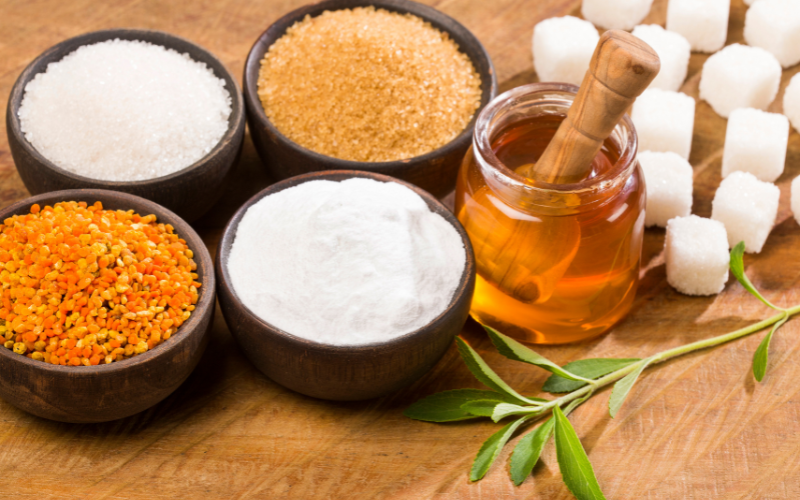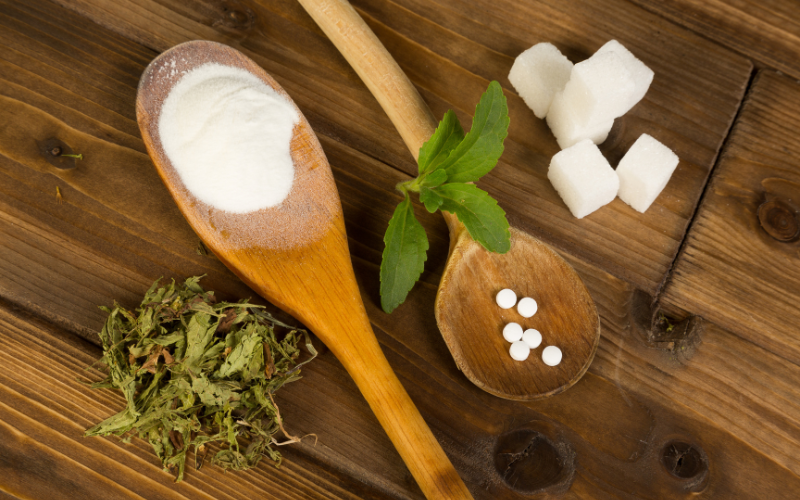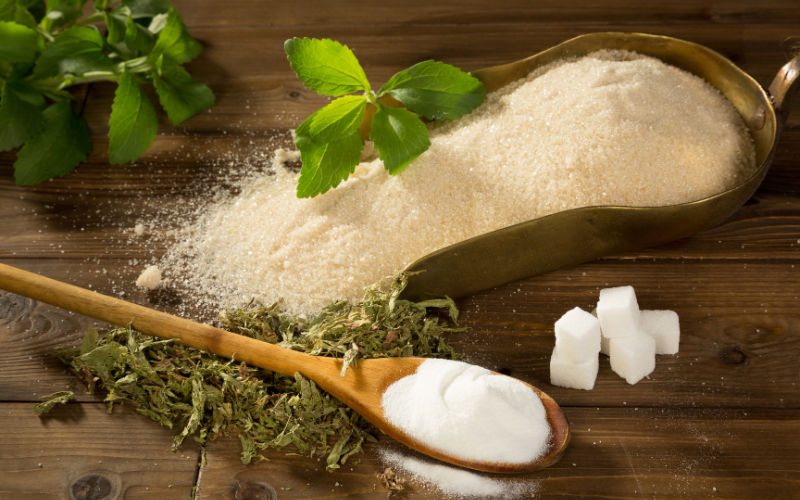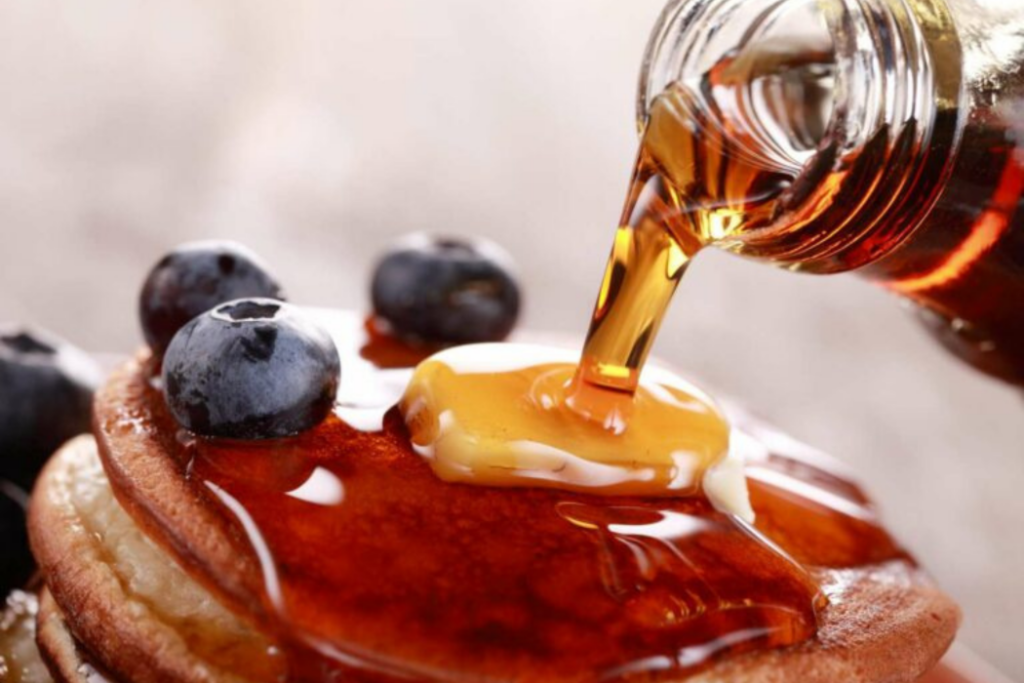The SWEETENERS of foods and beverages
The food industry has been undergoing a significant transformation driven by consumers’ increasing demand for healthier and more natural products. One of the areas that has garnered significant attention are the sweeteners of foods and beverages. As concerns about negative sugar health effects rise, food manufacturers are on the hunt for innovative and natural sweetening solutions. It’s all done to satisfy consumers’ cravings while aligning with their desire for healthier options. Let’s delve into the exciting world of alternative sweeteners, exploring options that are reshaping the landscape of food manufacturing.

The Need for Change in Sweeteners
Excessive sugar consumption has been linked to a range of health issues, including obesity, diabetes, and heart disease. As consumers become more health-conscious, there’s a growing demand for lower sugar, free from artificial sweeteners. This shift has pushed food manufacturers to seek out novel ways to deliver sweetness without compromising on taste and quality.
Stevia: The Natural Sweetener Pioneer
Stevia, derived from the leaves of the Stevia rebaudiana plant, was one of the first natural sweeteners. It offers a significant advantage over traditional sugar by being intensely sweet without contributing calories or affecting blood sugar levels. With ongoing advancements in processing techniques, stevia has become more versatile and adaptable for a wider range of food applications.
Monk Fruit: Nature's Sweet Gift
Monk fruit, also known as Luo Han Guo, is another natural sweetener that has gained popularity. This small green fruit contains compounds called mogrosides, which provide a sweet taste without the accompanying sugars. The extract from monk fruit sweetens products ranging from beverages to baked goods, offering a unique and desirable flavor profile.
Allulose: The Low-Calorie Marvel Sweetener
Allulose, a rare sugar found in small quantities in foods like wheat and raisins, has garnered attention for its remarkably similar taste to table sugar with only a fraction of the calories. Unlike some other sweeteners, allulose doesn’t cause a spike in blood sugar levels, making it suitable for individuals watching their glycemic index. Its ability to caramelize and provide bulk in recipes has made it a favorite among food scientists and manufacturers.
Erythritol: The Sugar Alcohol Solution
For years, people have used erythritol, a sugar alcohol, as a low-calorie sweetener. Certain fruits and fermented foods naturally contain it. Erythritol’s advantage stems from its ability to mimic the texture and taste of sugar without causing digestive issues associated with other sugar alcohols. People often blend it with other natural sweeteners to optimize taste and performance.
Emerging Sweetener Innovations
As food technology advances, researchers are continuously exploring new sources of natural sweetness. Some intriguing developments include:
- Yacon Syrup: Derived from the yacon root, this syrup is high in fructooligosaccharides, which contribute a sweet taste while functioning as prebiotic fibers, benefiting gut health.
- Agave Inulin: Extracted from the blue agave plant, this sweetener is high in inulin, a soluble fiber that adds sweetness and creaminess to products while promoting digestive health.
- Fruit Concentrates: Concentrated fruit juices, such as apple or grape, are being used to sweeten products naturally, bringing a blend of flavors and nutrients to the table.
Sweetener Challenges and Considerations
While natural sweeteners offer exciting opportunities, challenges exist in terms of flavor consistency, processing techniques, and cost. Striking the right balance between sweetness and flavor can be tricky, and manufacturers must also navigate regulatory requirements and consumer preferences.


Driven By the Need of Better Sweeteners
The food manufacturing industry is at a crossroads, driven by the need for healthier and more natural alternatives to traditional sugars and artificial sweeteners. With the rise of stevia, monk fruit, allulose, erythritol, and a host of emerging innovations, the possibilities for creating delicious, nutritious, and satisfying products are expanding rapidly. As technology and research continue to advance, the journey towards finding the perfect natural sweetening solution is set to be an exciting one, offering benefits not only for consumers’ health but also for the evolving landscape of the food industry as a whole.
